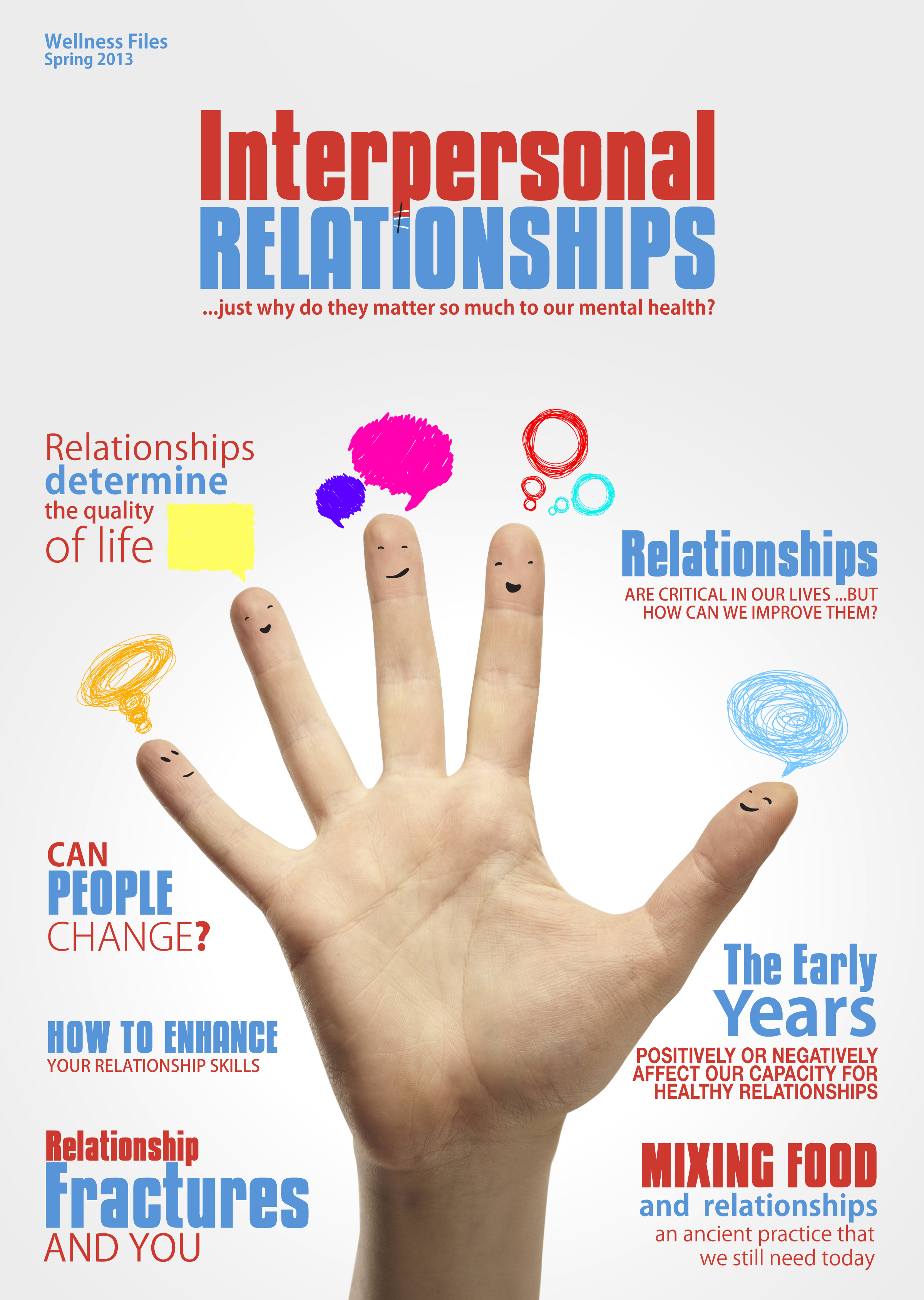Let me tell you somethin' right off the bat - relationships are the backbone of life. Whether it's romantic, familial, or professional, these connections shape who we are and how we experience the world. But here's the deal - building strong relationships isn't just about showing up, it's about showing up right. And that's what we're diving into today. We'll explore the ins and outs of creating meaningful connections that last.
Now, I know what you're thinking - "Isn't love just supposed to happen naturally?" Sure, sometimes it does. But let's be real, most successful relationships require effort, communication, and understanding. It's not just about finding the right person, but also being the right person. And that's where this guide comes in - to help you navigate the complexities of human connection.
Before we dive deeper, let's set the stage. This isn't just another fluffy article about relationships. We're going to break it down step by step, with practical advice, real-world examples, and insights from experts. Because at the end of the day, your relationships are too important to leave to chance. Let's get started.
Understanding the Basics of Relationships
First things first, let's talk about what makes a relationship tick. It's not just about spending time together, though that's important too. It's about building trust, fostering open communication, and creating a safe space for both parties. Think of it like building a house - you need a strong foundation to support everything else.
Key Elements of Successful Relationships
Here's the thing - every relationship is unique, but they all share some common building blocks. These include:
- Trust - The cornerstone of any solid relationship
- Communication - Both verbal and non-verbal
- Respect - For each other's boundaries and needs
- Support - Being there through the ups and downs
Let's be honest, these elements don't just magically appear. They require effort, patience, and sometimes a little bit of trial and error. But trust me, it's worth it.
Building Trust in Relationships
Alright, let's talk about trust. This is where it all starts. Without trust, even the strongest relationships can crumble. But here's the good news - trust can be built, and it can be rebuilt if it's been broken. It just takes time, consistency, and honesty.
Ways to Build Trust
So how do you build trust? Here are a few strategies:
- Be honest - Always tell the truth, even when it's hard
- Follow through - Do what you say you're going to do
- Listen actively - Show you care by really hearing what the other person is saying
- Be vulnerable - Share your thoughts and feelings openly
Remember, trust isn't built overnight. It's a gradual process that requires commitment from both sides. But once you've established trust, it becomes the foundation for everything else.
Effective Communication in Relationships
Now, let's move on to communication. This is where a lot of relationships hit a snag. Miscommunication can lead to misunderstandings, which can lead to conflict. But here's the thing - good communication isn't just about talking. It's about listening too.
Tips for Better Communication
Here are some tips to improve your communication skills:
- Practice active listening - Focus on what the other person is saying
- Use "I" statements - Express your feelings without blaming
- Be clear - Avoid vague language that can lead to confusion
- Stay calm - Even during difficult conversations
Effective communication isn't just about saying the right words. It's about creating an environment where both parties feel heard and understood.
Respect and Boundaries in Relationships
Next up, let's talk about respect and boundaries. This is where a lot of people get tripped up. Respect isn't just about being polite. It's about valuing the other person's needs, opinions, and boundaries. And speaking of boundaries, they're crucial for maintaining healthy relationships.
Setting and Respecting Boundaries
Here's how you can set and respect boundaries:
- Communicate your needs clearly
- Listen to the other person's needs
- Be flexible - Boundaries can change over time
- Enforce consequences - If boundaries are crossed, address it
Respect and boundaries create a safe space for both parties to be themselves. It's about creating an environment where both people feel comfortable and valued.
Supporting Each Other in Relationships
Alright, let's talk about support. This is where relationships really shine. Being there for each other through the good times and the bad is what makes a relationship strong. But here's the thing - support looks different for everyone.
Ways to Show Support
Here are some ways to show support:
- Offer help when needed
- Be a sounding board - Listen without judgment
- Celebrate successes - Big and small
- Be present - Sometimes just being there is enough
Support isn't about fixing everything. It's about being there and showing that you care. And that makes all the difference.
Dealing with Conflict in Relationships
Let's face it, conflict is inevitable in any relationship. But here's the good news - conflict doesn't have to be destructive. In fact, it can be an opportunity for growth if handled properly. The key is learning how to manage conflict effectively.
Strategies for Managing Conflict
Here are some strategies for managing conflict:
- Stay calm - Avoid escalating the situation
- Focus on the issue - Not the person
- Find common ground - Look for solutions that work for both parties
- Learn from the experience - Use it as a learning opportunity
Conflict isn't the end of the world. It's a chance to strengthen your relationship by working through challenges together.
Growth and Evolution in Relationships
Now, let's talk about growth. Relationships, like people, evolve over time. What works in the beginning might not work forever. And that's okay. The key is being open to change and willing to adapt.
Encouraging Growth
Here's how you can encourage growth in your relationship:
- Be open to feedback - Both giving and receiving
- Set goals together - Personal and relationship goals
- Keep learning - About each other and about relationships
- Stay flexible - Be willing to change as needed
Growth is a natural part of any relationship. It's about evolving together and supporting each other's personal development.
Maintaining Long-Term Relationships
Finally, let's talk about maintaining long-term relationships. This is where all the previous elements come together. It's about sustaining the trust, communication, respect, and support that you've built over time.
Keys to Long-Term Success
Here are some keys to maintaining long-term relationships:
- Keep the spark alive - Don't let things get stale
- Stay connected - Even as life gets busy
- Revisit your goals - Make sure you're still on the same page
- Appreciate each other - Regularly express gratitude
Long-term relationships require ongoing effort, but they're worth it. They provide a sense of stability, security, and love that can last a lifetime.
Conclusion: The Journey of Relationships
So there you have it - a comprehensive guide to building strong relationships. From trust to communication, respect to support, and conflict to growth, we've covered the essentials. Remember, relationships are a journey, not a destination. They require effort, patience, and understanding.
Now it's your turn. Take what you've learned and apply it to your own relationships. Whether you're just starting out or have been together for years, there's always room for improvement. And don't forget to share this article with someone who might benefit from it. Let's help each other build better connections.
Oh, and one last thing - if you have any questions or comments, I'd love to hear them. Drop a line below and let's keep the conversation going. Because at the end of the day, we're all in this together.
Table of Contents


